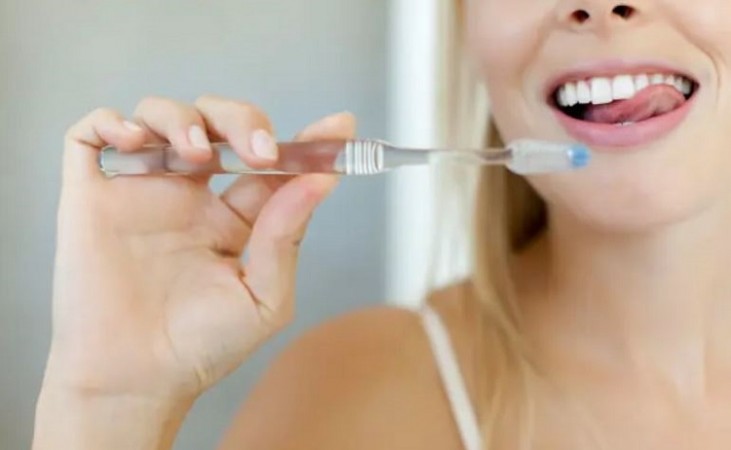
Maintaining good oral hygiene is crucial for overall health and well-being. Brushing your teeth regularly, at least twice a day, forms the cornerstone of a healthy dental routine. However, there are specific times when brushing immediately after eating may not be the best practice for your oral health. Let's delve into the facts.
The Aftermath of Eating:
After consuming a meal, the mouth's pH levels drop, becoming more acidic. This acidic environment can weaken the tooth enamel. Brushing your teeth immediately after eating may inadvertently cause damage to this enamel. It's advisable to wait for about half an hour after a meal before brushing. During this time, the mouth naturally restores its pH balance, reducing the risk of enamel erosion.
Post-Coffee Care:
For many, a cup of coffee is a morning ritual. However, brushing your teeth immediately after indulging in this beverage is not recommended. Coffee is acidic, and brushing right after consumption can exacerbate the erosion of tooth enamel. It's prudent to wait until the mouth's pH levels stabilize back to neutral before brushing, usually within half an hour to an hour after enjoying your coffee.
Dealing with Vomiting:
Occasionally, individuals may feel the urge to brush their teeth after vomiting to freshen their breath and remove any residual taste. However, stomach acid accompanies vomiting, leading to increased acidity in the mouth. Brushing teeth in this acidic state can harm the enamel. Instead, it's advisable to rinse the mouth thoroughly with water and wait until the acidic remnants dissipate before brushing.
Brushing Techniques:
When you do brush your teeth, it's essential to do so correctly. Opt for a toothbrush with soft bristles to avoid damaging the gums and enamel. Brush gently for at least two minutes, ensuring you cover all surfaces of the teeth. Utilize vertical motions when brushing the front teeth and circular motions for the molars. Avoid vigorous scrubbing, as it can wear down the enamel and irritate the gums.
Aftercare:
Once you've completed brushing, take a moment to rinse your mouth thoroughly with water. Ensure there are no lingering traces of toothpaste or food particles left behind. This step helps maintain oral hygiene and reduces the risk of plaque buildup and cavities.
While brushing your teeth is vital for oral health, the timing of brushing plays a crucial role in preserving the integrity of your teeth and gums. By understanding when to brush and when to wait, you can safeguard your smile and maintain optimal oral hygiene for years to come.
Do You Know the Hidden Risks of Stomach-Sucking in Photos? A Health Perspective
How to Strengthen Bones and Boost Immunity with Vitamin-D This Winter
How to Boost Collagen in Your Food: 10 Reasons for a Healthier Lifestyle